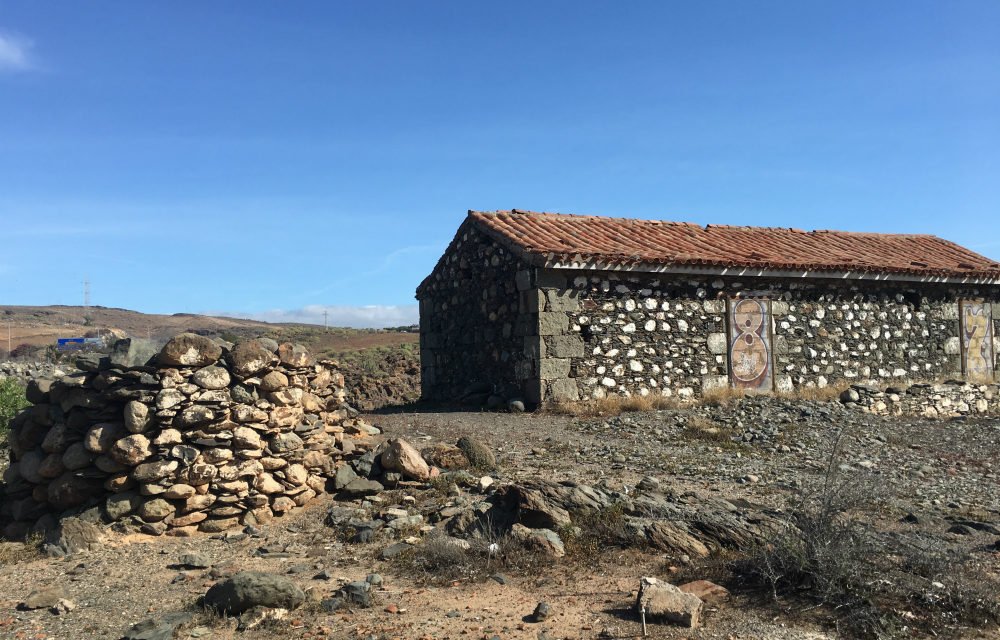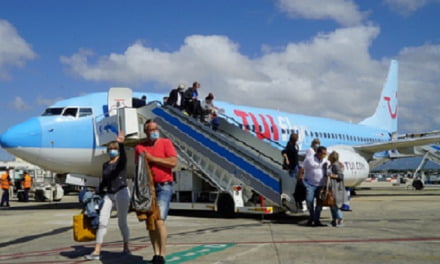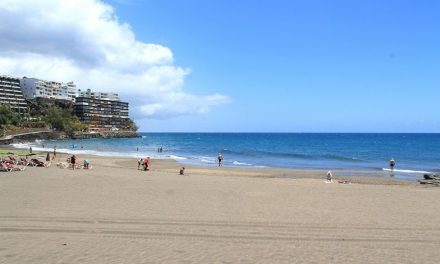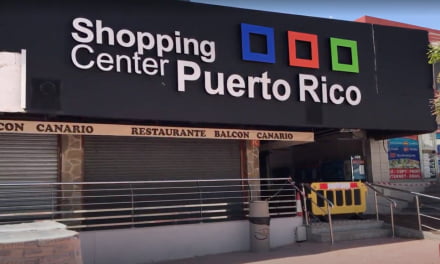 The Office of the Public Prosecutor has apparently put forward the view that the company owned by the tourism entrepreneurs of the Kiessling family, Loro Park Group, must pay for the execution of the works currently ongoing for the Siam Park roundabout in the south of Gran Canaria, where access to Playa del Inglés from the old national road, GC500, has already been paid by the Maspalomas Gran Canaria Consortium. Roadworks have meant a contraflow system having had to be in place for many months, with no clear end in sight.
The Office of the Public Prosecutor has apparently put forward the view that the company owned by the tourism entrepreneurs of the Kiessling family, Loro Park Group, must pay for the execution of the works currently ongoing for the Siam Park roundabout in the south of Gran Canaria, where access to Playa del Inglés from the old national road, GC500, has already been paid by the Maspalomas Gran Canaria Consortium. Roadworks have meant a contraflow system having had to be in place for many months, with no clear end in sight.
The Public Ministry made its pronouncement, we are told, after the collective known as Turcón-Ecologistas en Acción denounced irregularities detected in the works of the long awaited water park project in the area of El Veril. The environmental group has made public the position of the Prosecutor’s Office “following the threats” and the statements they received regarding what the businessmen called “breaches” of the San Bartolomé de Tirajana town hall, whom they had accused of unreasonably delaying the final outstanding license to build Siam Park.
In a statement the environmentalists, who oppose the project, said “The actions of the Office of the Public Prosecutor explains, as this group has demonstrated, that the Loro Parque SA entity (without prejudice to the fact that today the urban management instruments have not been approved – and we also do not know if they exist – nor has any environmental assessment been approved for said water park project), must address, for the case that concerns us, each and every one of the burdens and costs of execution of the PB3 roundabout contemplated in the PMM / El Veril”.
 Turcón claims that, to date, Loro Parque “has not satisfied any of the urbanistic requirements of the PMM / El Veril sector” referring to the planning and management policies for the area, and that some have been”unduly” paid for by the Maspalomas Consortium.
Turcón claims that, to date, Loro Parque “has not satisfied any of the urbanistic requirements of the PMM / El Veril sector” referring to the planning and management policies for the area, and that some have been”unduly” paid for by the Maspalomas Consortium.
Finally, the ecologists report that the promoter of the water park needs reminding that the administrative procedures are judicialised and warns that “their threats can only be described as unfortunate, [out of] a desperation to undermine municipal norms and procedures.”
Turcón, who find themselves unusually aligned with the council and the other businesses who rival the water park project, says it relies on the local town hall to safeguard the public and historical heritage of the area, “which ultimately is our foundational and statutory objective”.
The Siam Park Gran Canaria water park project has been more than 15 years in the making. Repeatedly blocked and challenged in the courts over recent years by a number of different interest groups and rival parties, following the land purchase that finally went ahead in 2013, every challenge has been unsuccessful, with approvals being sought and granted, and supported, by the regional government, the Gran Canaria Cabildo and various other institutions. The surprise discovery of some minor archeological remains, threatened to derail the project however it has been declared of primary economic interest, and the remains themselves judged to be of little importance culturally, although deserving of some protections.
The Island Water Council agreed the project could go forward so long as the company undertook to €2m worth of canalisation works to ensure rainwater runoff was correctly channelled to the sea, a project that was completed last year. Having overcome ever major obstacle all that now remains is the official building permissions from the local town hall to allow the construction to go ahead, in the meanwhile, a late change in local ordinance has left the promotors with an unexpected extra bill to pay for major roadworks that are continuing right now to provide a primary access point to the site from the GC500 highway, work they had understood would be paid for by the local development consortium, but for which they are now being pursued to underwrite, which has led to a standstill in the final authorisations process.
The waterpark, when completed, looks set to be the largest of its kind in Europe and represents a more than €60m investment, with a further €40m expected to build at least one new hotel on the land also. Locals and tour operators alike simply shrug despairingly when asked about the development, knowing that the only people who have any control over the project are the politicians and the businessmen, while everyone else can only watch and wait and hope it eventually comes to fruition…














